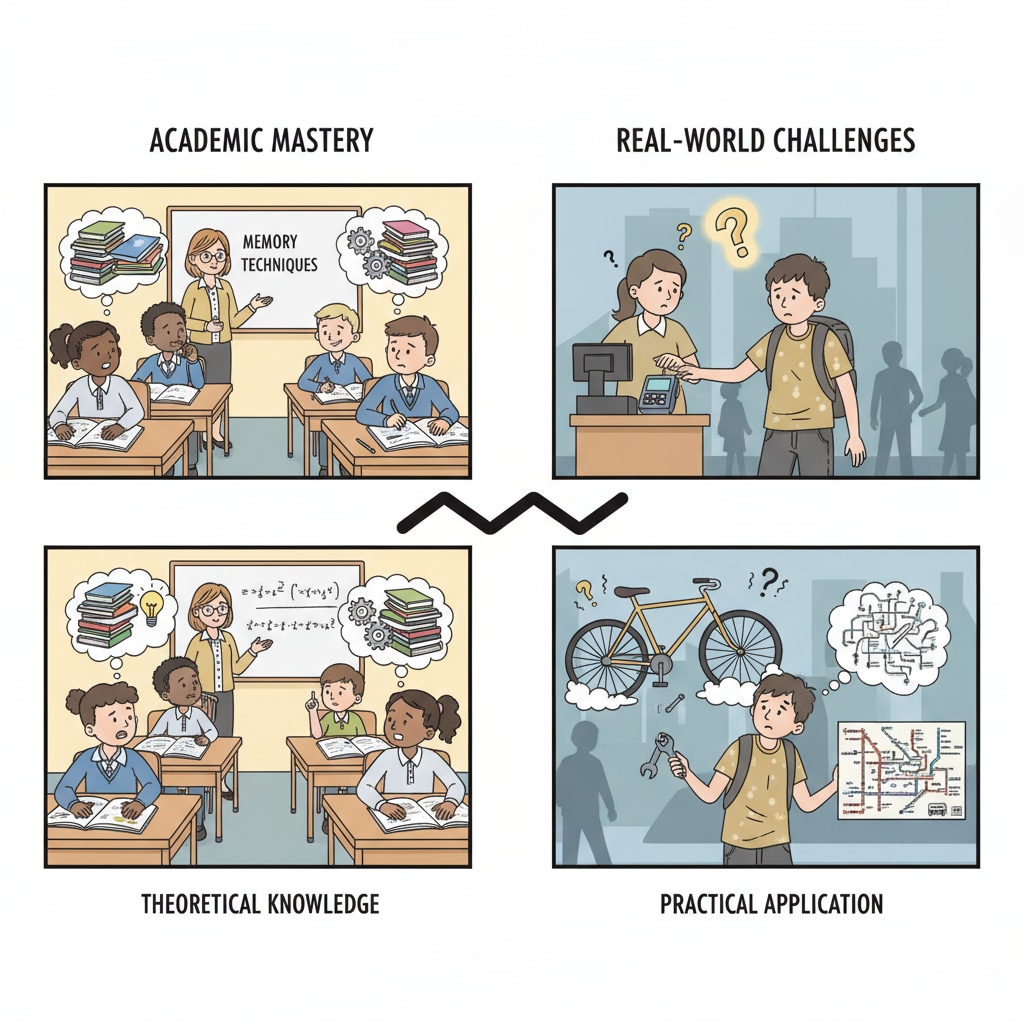School education, life skills, and practical knowledge are three crucial aspects that should be intertwined for a well-rounded development of students. However, in the contemporary K12 education system, there exists a significant gap between what students learn in school and what they need in real life. This disconnection has raised concerns and calls for a reevaluation of our educational approach.

The Overemphasis on Knowledge Memorization
In the current K12 education framework, a large portion of the curriculum is centered around academic knowledge and standardized testing. Students are often drilled to memorize facts, formulas, and historical dates. For example, they spend countless hours preparing for math exams by rote memorization of equations, rather than understanding how to apply these concepts in real-life financial or measurement scenarios. According to Britannica’s education section, this overemphasis on memorization has led to a situation where students may ace their tests but lack the practical skills to navigate real-world problems.
The Neglect of Life Skills
Life skills such as financial literacy, time management, and interpersonal communication are often overlooked in the K12 curriculum. Many students graduate from high school without a basic understanding of how to manage their finances, create a budget, or even cook a simple meal. As a result, when they enter college or the workforce, they are ill-prepared to handle these essential aspects of adult life. Interpersonal communication, another vital life skill, is not adequately taught in schools. Students may be excellent at writing essays but struggle to express themselves clearly in face-to-face conversations or group discussions. As Wikipedia’s education page states, the lack of focus on life skills can hinder students’ ability to adapt to the real world.

To bridge this gap, it is essential to integrate practical life skills into the K12 curriculum. For instance, schools can offer courses on financial literacy starting from an early age, teaching students about saving, investing, and managing debt. Additionally, incorporating project-based learning that involves group work can enhance students’ interpersonal communication and teamwork skills. By making these changes, we can ensure that students are better equipped to handle the challenges of real life when they leave the school environment.
Readability guidance: This article uses short paragraphs to convey ideas clearly. Each H2 section presents a key issue with relevant examples. The passive voice is used sparingly, and transition words like ‘however’, ‘for example’, and ‘as a result’ are employed to enhance the flow of the text.


